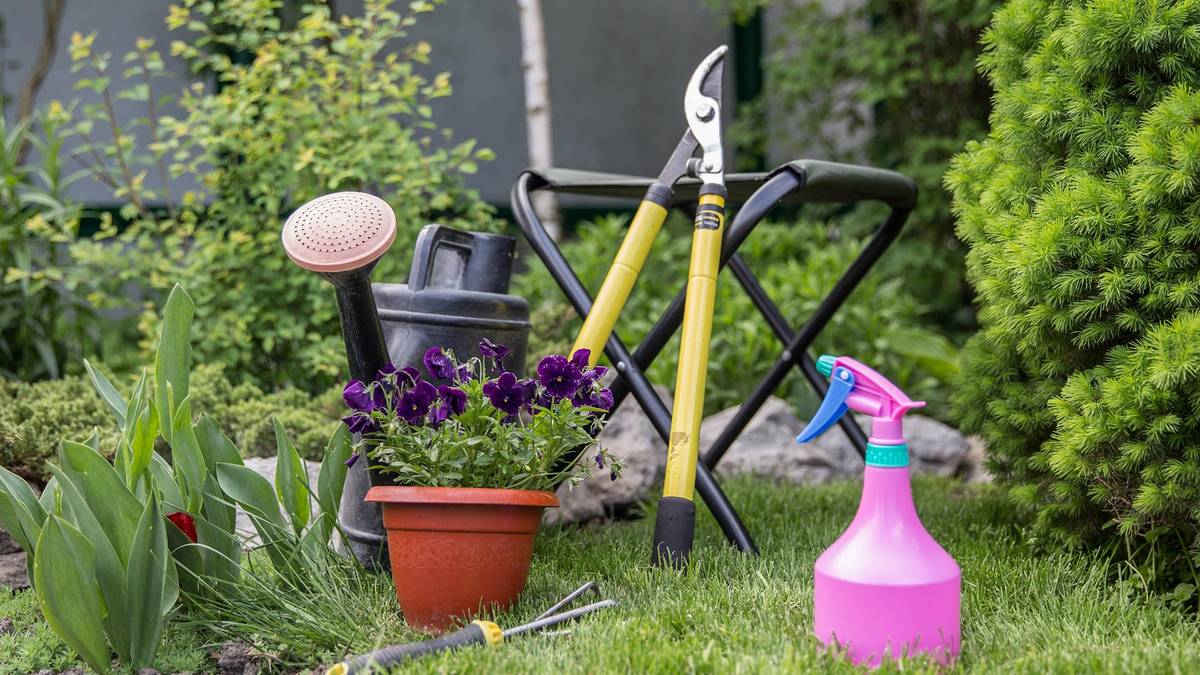Officials to check Poles' gardens. It's about waste

Owners of single-family houses who have declared composting of bio-waste can expect an inspection. Officials will check whether there is actually a composter in the garden and whether it is used in accordance with the regulations. In the event of irregularities, the relief for waste collection may be withdrawn.
From 16 June 2023, the municipal council is obliged to introduce a relief in the fee for municipal waste management for owners of single-family properties who compost bio-waste in a home composter.
This results from the Act on Maintaining Cleanliness and Order in Municipalities (Journal of Laws 2023, item 1469). The amount of the relief is determined individually by each municipality, in proportion to the reduction in waste management costs.
To take advantage of this opportunity, it is necessary to actually compost bio-waste . Municipalities have the right to check whether residents meet the conditions for the relief.
Composting of bio-waste. How are the inspections carried out?Inspections are carried out by officials of a given commune or authorized persons - these may be representatives of the city guard, municipal inspectors or employees of external companies, with written authorization from the head of the commune, mayor or city president.
 Pixabay
PixabayMost often, inspections take place until the end of November, during office hours. Residents are informed in advance of the planned date of the visit. During the inspection, officials can look at the composter and its contents to check whether there is biodegradable waste in it.
Consequences of detecting irregularitiesIf during the inspection it turns out that the property owner does not have a composter, uses it incorrectly (e.g. throws in waste that is not suitable for composting) or makes it impossible to carry out the inspection, the commune may withdraw the granted relief .
SEE: What are the benefits of carrot and beetroot juice? The effects may surprise you
In addition, the owner loses the right to re-apply for a discount for a period of 6 months. This may mean a real increase in waste fees, even by several dozen złoty per month.
To avoid problems during inspection, you should:
- make sure that the composter is used correctly and contains only biodegradable waste
- keep order around the composter
- allow officials to carry out checks
Composting is an ecological way of processing bio-waste that reduces the amount of waste going to landfill, reduces the cost of waste disposal and provides valuable fertilizer for the garden.
To compost properly, you should use a proper composter, placed in a shady place, with good ventilation and moisture drainage. You should throw in:
- plant remains
- coffee and tea grounds
- Peelings
- cut grass
- leaves
- small amounts of paper
Avoid meat, dairy, fats, citrus fruits and animal excrements. The compost should be stirred periodically and the moisture level should be maintained. It should not be too dry or too wet. After a few months, a dark, fertile humus (also called humus) is formed, which improves the soil structure and supports plant growth.
SEE: This is how you can distinguish Polish strawberries from foreign ones. This should draw attention
Compost acts as a natural fertilizer, enriching the soil with nutrients, improving its ability to retain water, and supporting the growth of beneficial microorganisms. This makes the garden more drought-resistant, and plants grow healthier and produce better yields.
Read morepolsatnews





